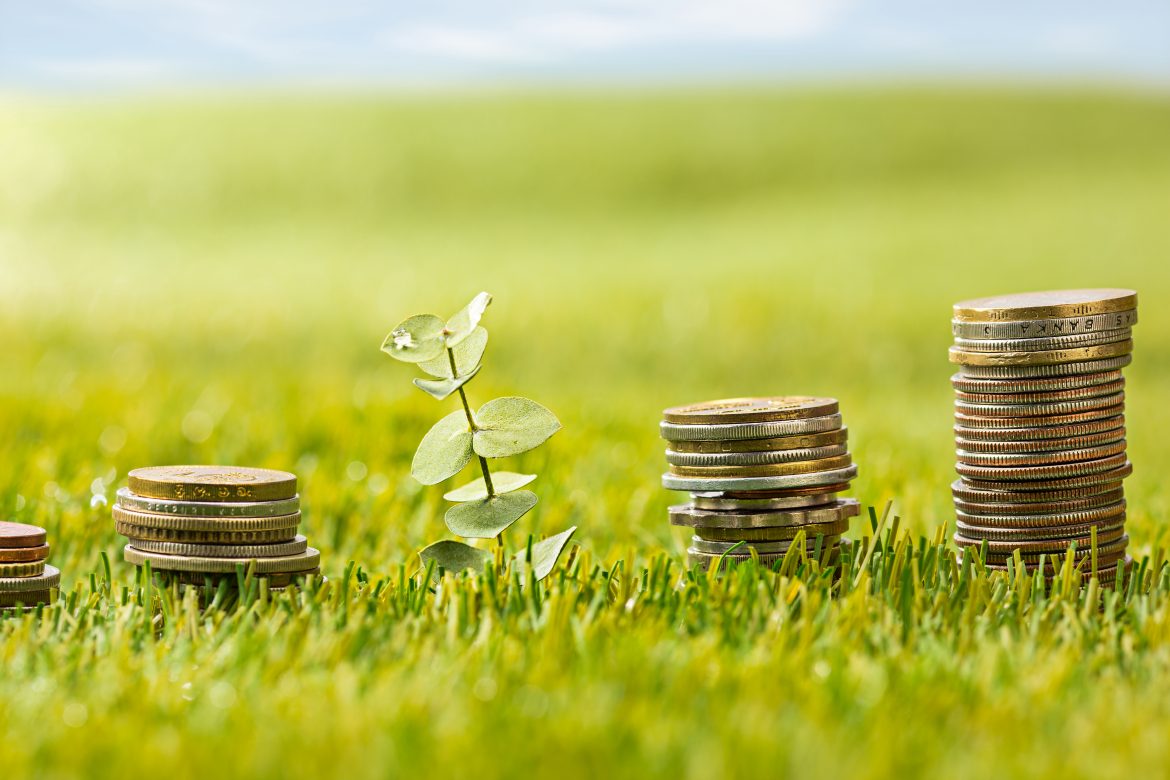Introduction: The Imperative of Sustainable Development
In today’s rapidly changing world, the concept of sustainability has become increasingly important. As concerns about climate change, resource depletion, and environmental degradation continue to grow, there is a growing recognition that economic growth must be pursued in a way that does not compromise the ability of future generations to meet their own needs. In this blog post, we will explore the intersection of economics and environmental sustainability, discussing how businesses and policymakers can navigate the challenges of balancing economic growth with environmental conservation.
1. The Business Case for Sustainability
Contrary to the traditional view that environmental protection comes at the expense of economic growth, there is a growing body of evidence that suggests sustainability can actually drive economic prosperity. Businesses that adopt sustainable practices often see benefits such as cost savings, operational efficiency, and enhanced reputation and brand value. By reducing waste, improving resource efficiency, and minimizing environmental impact, businesses can create value for both shareholders and society as a whole.
Moreover, consumers are increasingly demanding environmentally friendly products and services, creating new market opportunities for sustainable businesses. In a global economy where reputation and social responsibility are increasingly important, businesses that prioritize sustainability are better positioned to attract customers, investors, and top talent.
2. Policy Frameworks for Sustainability
While businesses play a crucial role in driving sustainability, government policies and regulations also play a critical role in shaping the transition to a more sustainable economy. Policymakers can use a variety of tools to incentivize sustainable practices, such as taxes, subsidies, regulations, and incentives for innovation.
For example, carbon pricing mechanisms such as carbon taxes or cap-and-trade systems can internalize the costs of carbon emissions, providing businesses with a financial incentive to reduce their carbon footprint. Similarly, renewable energy incentives and subsidies can accelerate the transition to clean energy sources, driving investment in renewable technologies and infrastructure.
3. Challenges and Trade-offs
Despite the benefits of sustainability, there are also challenges and trade-offs that must be navigated. For businesses, the transition to sustainable practices may require upfront investments in new technologies, processes, and infrastructure, which can be costly and time-consuming. Additionally, there may be competing priorities and interests within organizations, making it challenging to align sustainability goals with broader business objectives.
From a policy perspective, there may be resistance from industry stakeholders and special interest groups who oppose regulatory measures that impose additional costs or constraints on business activities. Moreover, policymakers must carefully balance environmental goals with economic objectives, ensuring that sustainability measures do not inadvertently hinder economic growth or competitiveness.
4. The Path Forward: Collaboration and Innovation
Despite these challenges, there is reason for optimism. As awareness of environmental issues continues to grow and technological advancements make sustainable solutions more feasible and cost-effective, there is an increasing momentum towards sustainability across sectors.
Collaboration between businesses, governments, civil society, and academia will be crucial in driving progress towards a more sustainable future. By working together to share knowledge, resources, and best practices, stakeholders can overcome barriers and accelerate the adoption of sustainable practices.
Furthermore, continued investment in research and innovation is essential for developing new technologies and solutions that enable sustainable development. From renewable energy and clean transportation to circular economy initiatives and green infrastructure, innovation will play a central role in shaping the future of sustainability.
Conclusion: Toward a Sustainable Future
In conclusion, the pursuit of sustainability is not only an ethical imperative but also an economic opportunity. By integrating environmental considerations into economic decision-making processes, businesses and policymakers can create value, drive innovation, and promote long-term economic prosperity. By balancing environmental conservation with economic growth, we can build a more resilient, equitable, and sustainable future for generations to come.



